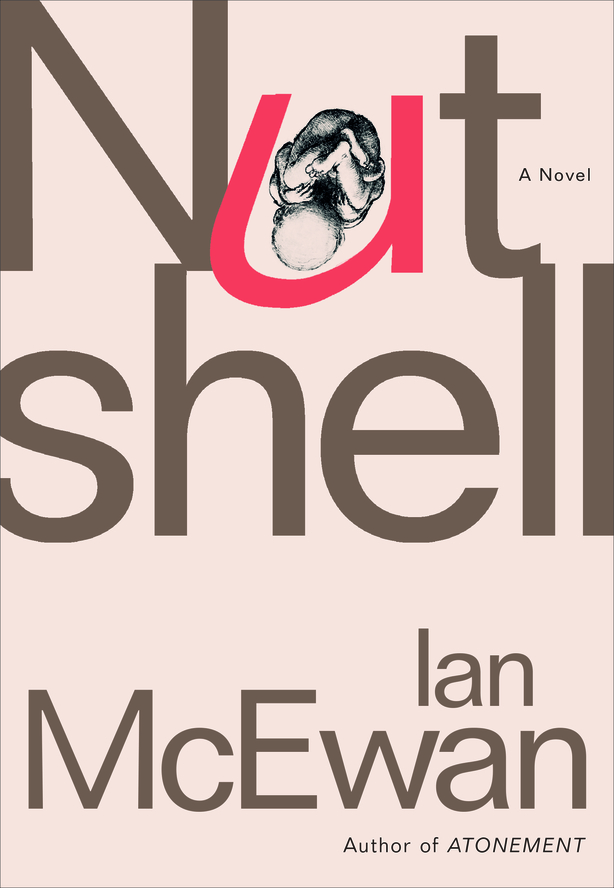Ian McEwan’s new novel coruscates and glitters with self-conscious verbal felicity, but in the end there are problems with what could have been left simply as a kind of blithe, comic murder mystery.
An unborn child narrates this latest offering from the veteran British novelist, who at this stage in the game, should leave such irritating experimentation and just tell the story straight. The plot - loosely based on Shakespeare’s Hamlet – plays mostly around the life and feelings of 28-year old Trudy, the mother of the as-yet-unborn child.
Her first womb resident registers every nuance of his mother’s emotions, which as the 198-page novel progresses become increasingly fraught, as Trudy co-authors the murder of her estranged husband, John Cairncross. John is the father of the loquacious and unusually sagacious unborn-child narrator of the piece. He is a sensitive, kindly publisher of poetry who has been strong-armed out of his upmarket London house to live in decidedly less luxurious lodgings in Shoreditch.
Meanwhile, Trudy is entertaining John’s brother Claude at home – Claudius, get it, Hamlet fans? – a dim-witted builder who has always felt somewhat reduced by his brother’s artistic superiority. Claude is master-minding – in so far as he master-minds anything - the plot to kill his brother. The plan then is to sell the town-house which could reasonably fetch over four million pounds.
Nutshell gathers pace towards the end and McEwan certainly notches up the tension with characteristic plot expertise. However, the reader will have to decide whether it is worth putting up with the dreadful pair that Trudy and Claude are for so long, prior to watching them squirm in the admittedly exciting coda.
4,912 words is the length of Adam Mars-Jones review of Nutshell in the current London Review of Books. There is something rather too indulgent about that amount of column inches. The book doesn’t at all merit such care and attention, even if it it is the latest work from the author of the The Comfort of Strangers, surely one of the greatest novels of the late twentieth century.
McEwan won the Booker Prize in 1988 for Amsterdam which was really an unexceptional tale and by no means his best. Saturday - which, like the novel under consideration, featured crime in a posh London setting - was way superior to Nutshell. Yet it was equally self-conscious in its narrative, which was po-faced and mechanical in its execution.
A particular irritant with Nutshell is its tendency to work in tiresome, preening speculation about the state of the world today, from the refugee crisis, to climate change and impending doom of various sorts. There is no need for this padding, it is entirely gratuitous. Indeed one suspects that McEwan is merely aping American writers he admires, notably John Updike and Don Delillo who pioneered this kind of thing. As a way of doing it, such extemporising is by now a bit of a busted flush.
Such commentary on world affairs - yea, the unborn child is a wise guy way beyond his womb - is limp in McEwan’s hands. It is as though he were trying to raise the game, to force topicality and a certain grimly global foreboding on to what is no more than a lightly entertaining murder mystery.
Paddy Kehoe


